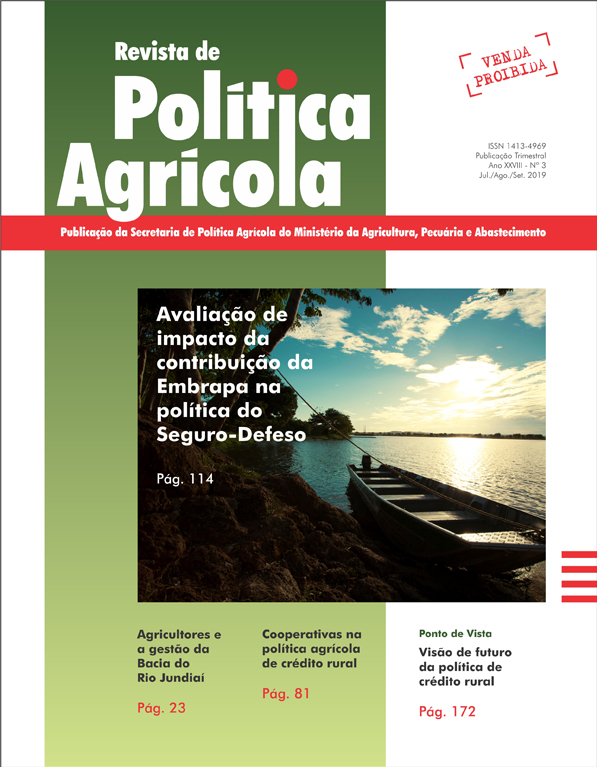Impact of the Bolsa Família Program on the search for work in the rural areas of Northeast Brazil
Keywords:
benefit, extreme poverty, governmentAbstract
This paper has the objective to measure the effect of the Bolsa Família governmental program concerning the poor and extremely poor family head of household job search in the rural area of Brazil’s northeastern region that are not in the job market. The sample was composed by the 2016’s Pesquisa Nacional por Amostra de Domicílios (PNAD), conducted by the Instituto Brasileiro de Geografia e Estatística. In order to do that, it was used a combination of the entropy balancing and the Propensity Score Matching (PSM) method. Subsequently, an analysis of sensibility proposed by Becker & Caliendo (2007) was done, in order to verify how the non-observable bias affected the result of the average treatment effect on the treated (ATT). According to the results, recieving the social benefit results in a negative effect on the job search. Several factors can contribute to this effect on beneficiaries, among them, the income effect proposed by Tavares (2010), in which benefited families swap the job income by the non-job income.Downloads
Published
2019-12-09
How to Cite
Ribeiro, I. G., Costa, E. M., & Carvalho, R. M. (2019). Impact of the Bolsa Família Program on the search for work in the rural areas of Northeast Brazil. Revista De Política Agrícola, 28(3), 9. Retrieved from https://rpa.sede.embrapa.br/RPA/article/view/1420
Issue
Section
Artigos Científicos

